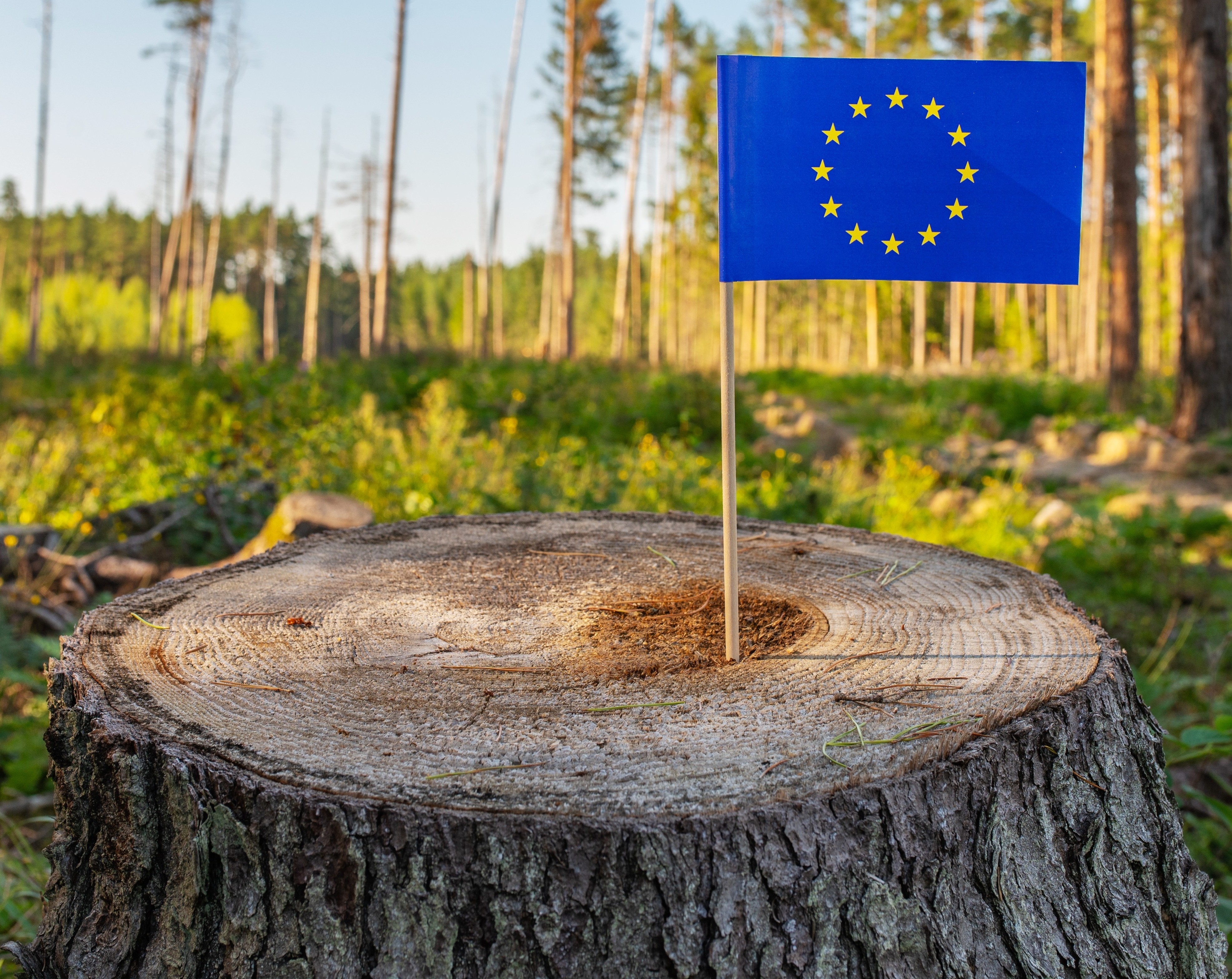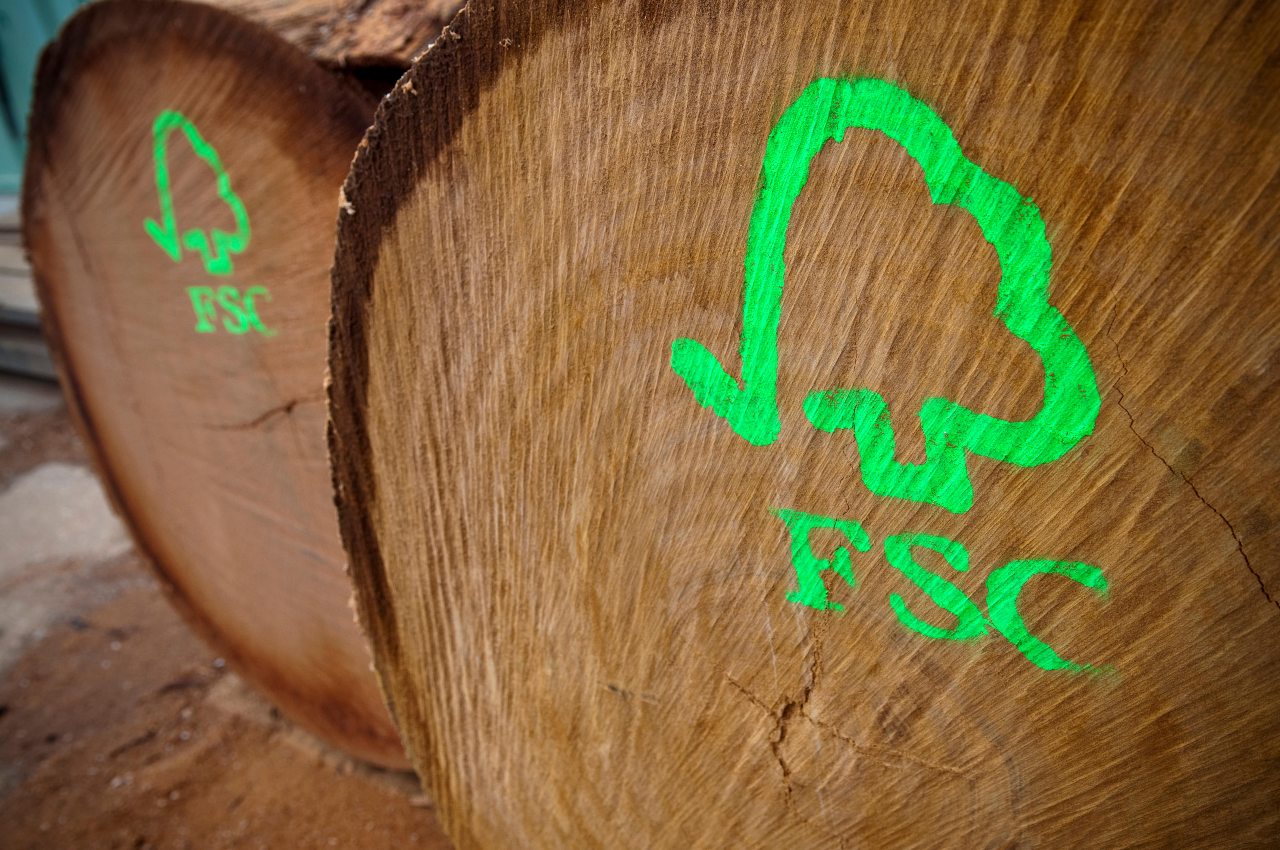Yet another government investigation has identified widespread illegality underpinning Indonesia’s sprawling oil palm plantation sector, officials have announced

Image on homepage shows deforestation in the Tanah Merah project in Papua, Indonesia.
On 10 October Prabianto Mukti
Wibowo, a senior forestry management official at Indonesia’s Coordinating
Ministry for Economic Affairs, announced that 3.1 million hectares (ha) of palm
oil plantings were illegally located without required permits on land
classified as forests.
The 3.1 million ha of illegal
plantings make up nearly 20% of the country’s 16.38m ha of palm plantations.
They also account for over 30% of the 9
million ha of oil palm the Ministry of Environment and Forestry (KLHK) has
found to be located in the forest estate.
Authorities announced they
intended to identify
the owners of the unlicensed concessions and were taking legal advice
on how to deal with them.
Further, while 5.8m ha of those
9m ha of palm concessions located on land classified as forest had received
permits, KLHK found 1.4m ha of these lands are still heavily forested – raising
the prospect that they
may be taken back by the state under the terms of a 2018 oil palm
moratorium and permit evaluation issued by President Joko Widodo.
The damning official findings
follow on the heels of and appears to reinforce an August 2019 announcement by
Indonesia’s Supreme Audit Agency (BPK) which reportedly found that 81% of palm concessions in thecountry violated national laws or mandatory plantation
management requirements.
While the Supreme Audit Agency
study is yet to be published, it is understood that the 20% of plantings KLHK
identified to be located illegally in forest areas contribute to the 80% found
in violation of Indonesia’s laws and sectoral requirements.
Examples of palm concessions
illegally operating in forest areas have repeatedly been exposed by NGOs. Only
last month, a Rainforest
Action Network (RAN) report found that illegal oil palm plantings in
Sumatra’s Rawa Singkil Wildlife Reserve were supplying brokers selling to palm
oil mills that in turn supply major palm oil traders involved in the supply
chains of global snack-food brands.
Rawa Singkil holds the “most
intact and most valuable areas” of Sumatra’s 2.6 million hectare Leuser Ecosystem.
One such palm oil mill – PT.
Global Sawit Semesta – was identified by RAN to supply or have supplied major
traders Golden Agri Resources (GAR) and Musim Mas, while another – PT. Samudera
Sawit Nabati – also supplies GAR.
RAN research found that “Unilever,
Nestlé, PepsiCo, Mondelêz, General Mills, Kellogg’s, Mars and Hershey all list
PT Global Sawit Semesta and PT Samudera Sawit Nabati” as suppliers.
All of these companies have policies pledging zero-deforestation in their supply chains, leading RAN to conclude that its research highlighted “a major failure of the implementation efforts conducted to date by these companies."



